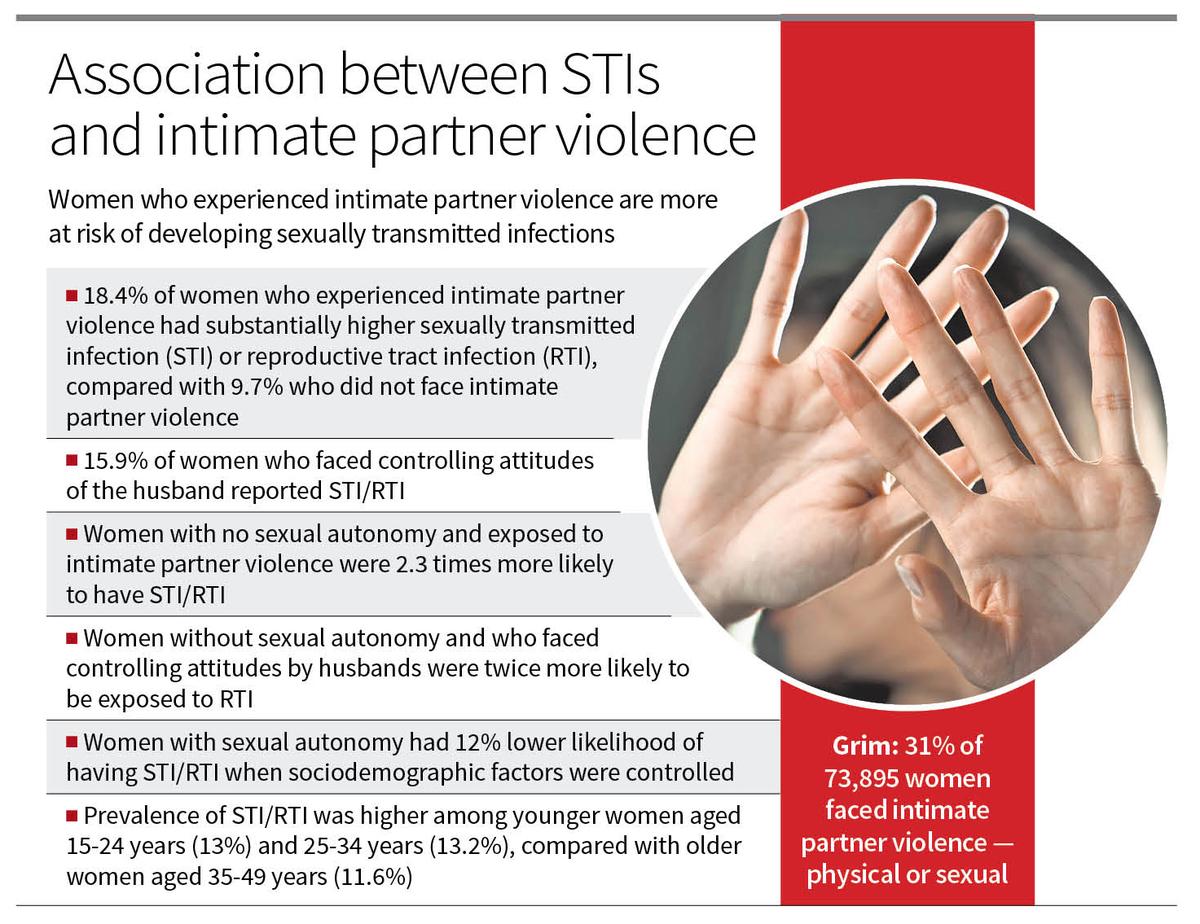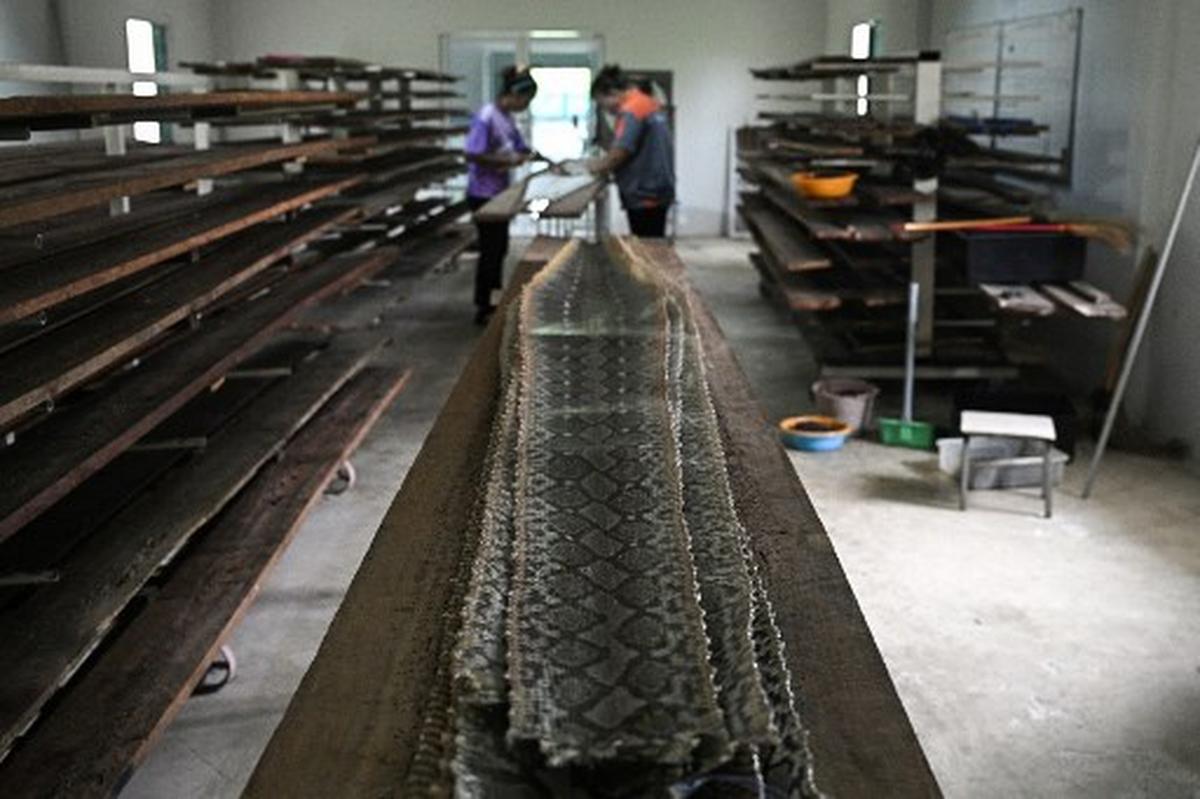Intermittent fasting has proven benefits for metabolic health, but a new study shows that it could slow hair growth — at least in mice. Researchers report in the Cell that mice subjected to intermittent fasting regimes show improved metabolic health but slower hair regeneration compared to mice with 24/7 access to food. A similar process might occur in humans, based on a small clinical trial that the team also conducted, but it’s likely to be less severe since humans have a much slower metabolic rate and different hair growth patterns compared to mice.
In addition to its metabolic benefits, previous studies have shown that fasting can improve the stress resistance of stem cells associated with blood, intestinal, and muscle tissue, but little is known about how it impacts peripheral tissues such as skin and hair. The researchers hypothesised that fasting might also be beneficial for skin tissue regeneration, the process by which old and damaged cells are replaced.
To test this, they examined hair regrowth in mice that were shaved and then subjected to different intermittent fasting regimes. Some mice were fed on a time-restricted feeding (TRF) schedule that involved eight hours of food access and 16 hours of fasting each day, while other mice were subjected to alternate-day feeding (ADF).
They were surprised to find that fasting inhibited hair regeneration. While control mice that had unlimited access to food had regrown most of their hair after 30 days, mice on both intermittent fasting regimes showed only partial hair regrowth after 96 days.
The team showed that this inhibited hair growth occurs because hair follicle stem cells (HFSCs) are unable to cope with the oxidative stress associated with switching from using glucose to fat. HFSCs go through phases of activity and dormancy, and hair regrowth depends on these cells becoming active. While the control mice’s HFSCs began to become activated around day 20 post-shaving and remained active until their hair had regrown, the intermittent fasting mice’s activated HFSCs underwent apoptosis (programmed cell death) during extended fasting periods.
Published – December 07, 2024 11:59 pm IST












